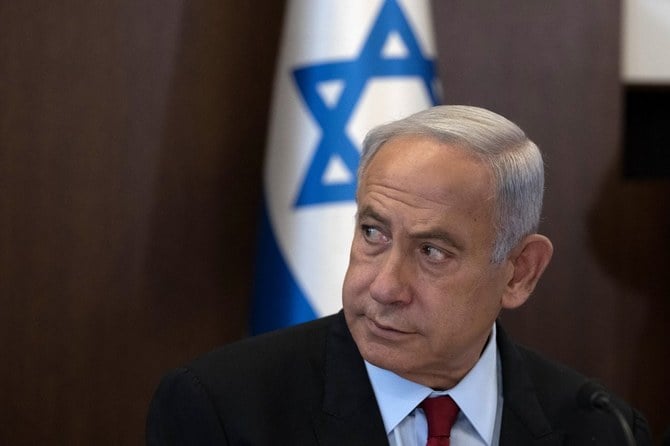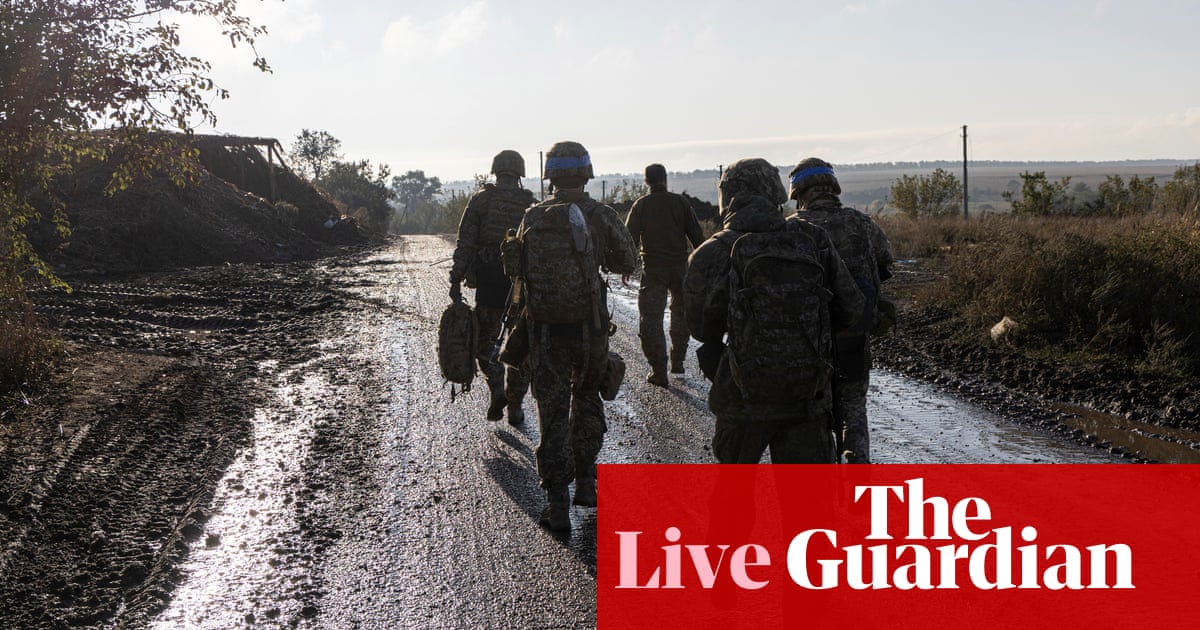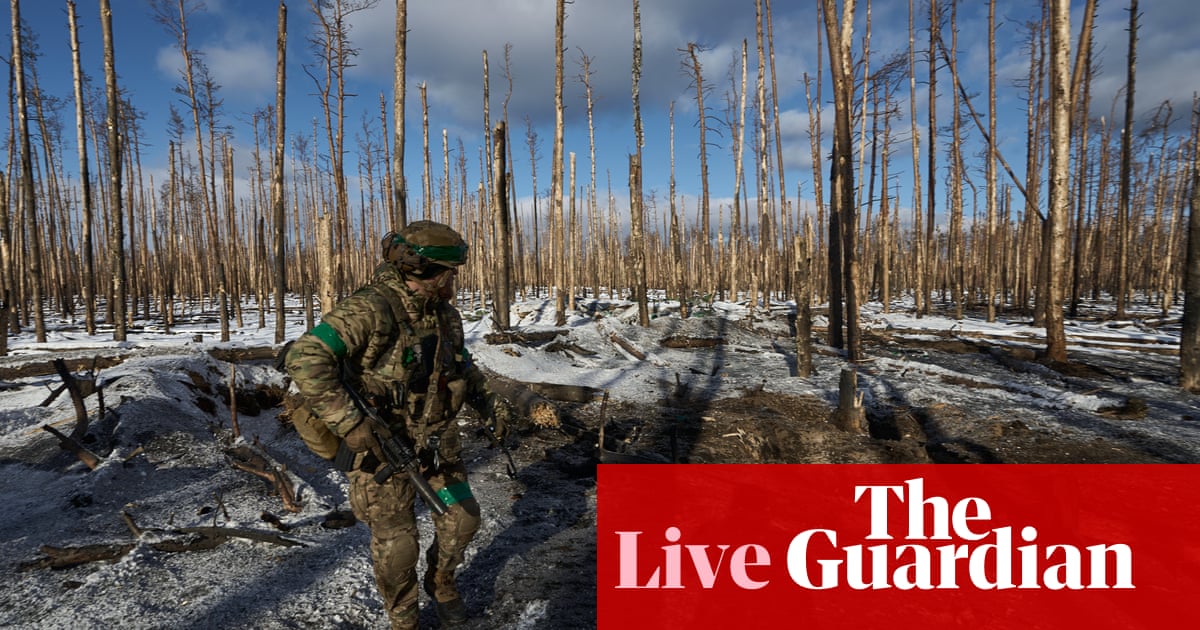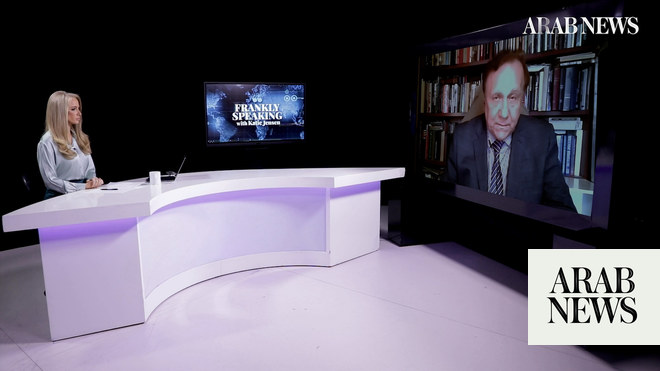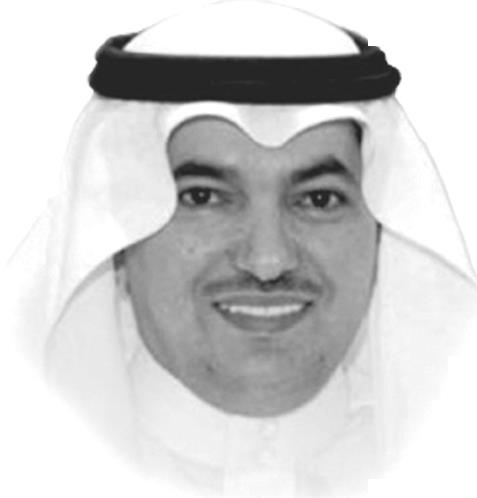
The Western discourse on “peace building” focuses on the localization of conflicts. Western think tanks have developed strong informal diplomatic activities regarding, for example, the Iranian nuclear program or the so-called Saudi-Iran cold war but, surprisingly, there are very few Track II diplomatic meetings dealing with the main conflict of our times — the Russian-Ukrainian war.
Except for some Swiss think tanks supporting the Turkish mediation and the grain agreement, main Western think tanks such as the Carnegie Endowment for International Peace have decided to close their offices in Moscow at a time when they are most needed. The official justification is the Russian decision to close Western institutions based on Russian soil for security reasons. Nevertheless, the absence of Western think tank offices in Tehran has never prevented them from organizing informal meetings between US and Iranian researchers to find common ground to solve the Iranian nuclear issue or to discuss Iranian missile and drone activities in a nonofficial format.
Moreover, the justification for this kind of informal meeting is the absence of official discussions during periods of tension, such as when the US-Iranian indirect official channels were not openly functioning because of the Trump administration’s maximum pressure campaign and Iranian intransigence.
Another reason mentioned to explain this lack of Track II diplomatic activities in the context of the Russian-Ukrainian conflict is the absence of Ukrainian institutions willing to take part in such informal peace activities. The Ukrainian determination to win the war can best explain the absence of Ukrainian partners for Western think tanks in Track II diplomacy activities.
This would come as a surprise to non-Western states and research institutions, which have often been contacted by their Western counterparts to participate in informal meetings to bring peace to war-torn arenas like Iraq, Yemen, Syria and Libya.
This apparent contradiction between the efforts of Western think tanks to initiate peace activities internationally and their refusal to organize Track II diplomatic activities in regard to the Ukrainian war can be best explained by the politicization of the latter in the West. Indeed, the discourse of most Western think tanks on the Russian-Ukrainian conflict is not based on the search for a diplomatic compromise but rather is designed to amplify the Western discourse on the Russian “invasion” of Ukraine and to become an informational player in the war of narratives regarding the conflict.
Peace efforts cannot be led by Western institutions that are currently involved in building the Ukrainian narrative.
Dr. Mohammed Al-Sulami
Given this absence of Western think tanks’ peace activities and their decision to take sides on the Russian war in Ukraine, one has to wonder what their reaction would be if non-Western think tanks contacted them to be part of Track II diplomatic activities to end the Russian-Ukrainian war.
The issue of Western military support is an important part of the peace equation because it is decisive for Ukraine’s ability to sustain a long-term war effort against Russia. Peace efforts cannot be led by Western institutions that are currently involved in building the Ukrainian narrative and helping Ukraine to win the hearts and minds of global public opinion. In this context, there is a need for non-Western think tanks to lead the efforts to secure peace and support European stability. The war in Ukraine is having international ramifications. Therefore, it is only logical that non-Western institutions could be interested in offering their services to organize Track II diplomatic activities to avoid the economic cost and human suffering of a prolonged war on European soil.
The role of Track II diplomacy is recognized internationally in helping to overcome the crisis of trust between conflicting or warring parties. It is needed to rebuild trust not only between the Ukrainian and Russian political leaderships, but also between Russian and Western political actors. A grassroots approach is required in the absence of top-level political talks.
Neutral Middle Eastern think tanks can help to rebuild trust between these states, which are at odds with one another in the international arena. Such institutions can become a platform for Track II diplomatic meetings between Ukrainian, Russian and Western experts and scholars. This would be in the interest not only of Europeans but of the whole world, given the international ramifications of this war.
What is clear is that the Western, Ukrainian and Russian sides are using game theory to decide their next moves, with the conflict turning into a zero-sum game. This makes it much harder to initiate peace efforts, as acceptance on either side of such efforts could be seen as a loss for them and a gain for the other side. This makes it much harder to calculate possible moves and outcomes, with each side waiting to see who blinks first.
• Dr. Mohammed Al-Sulami is president of the International Institute for Iranian Studies (Rasanah).
Twitter: @mohalsulami









